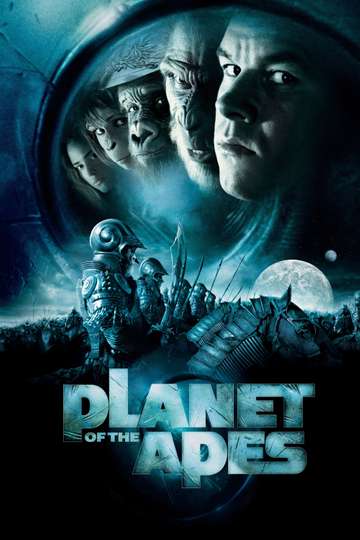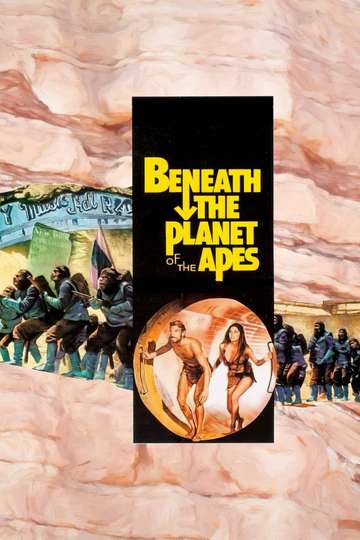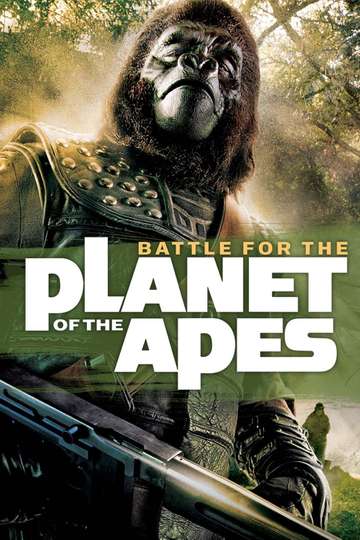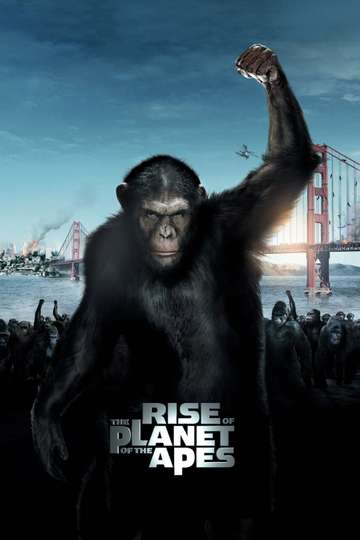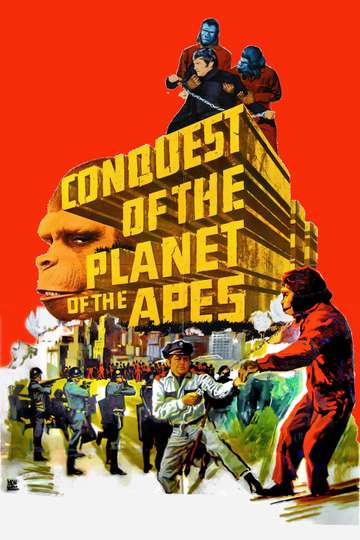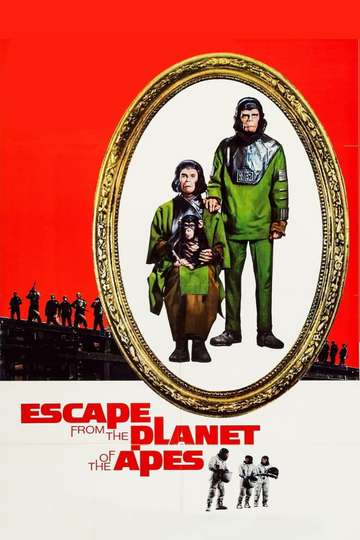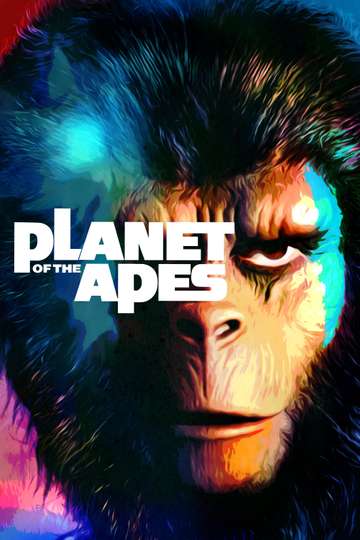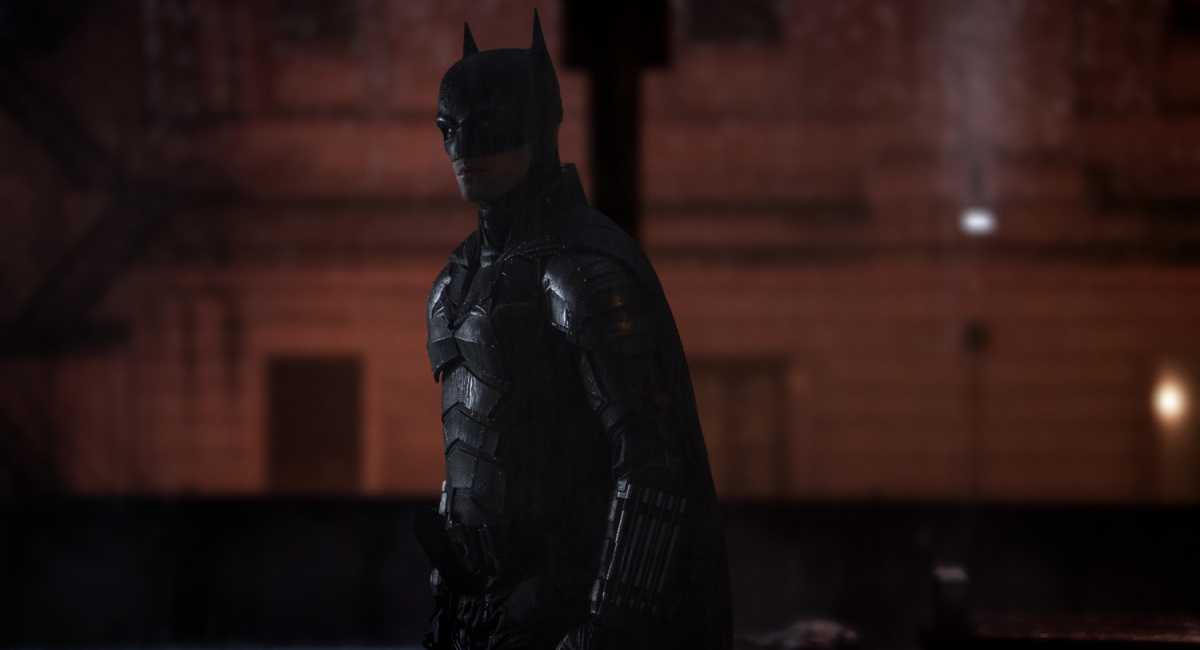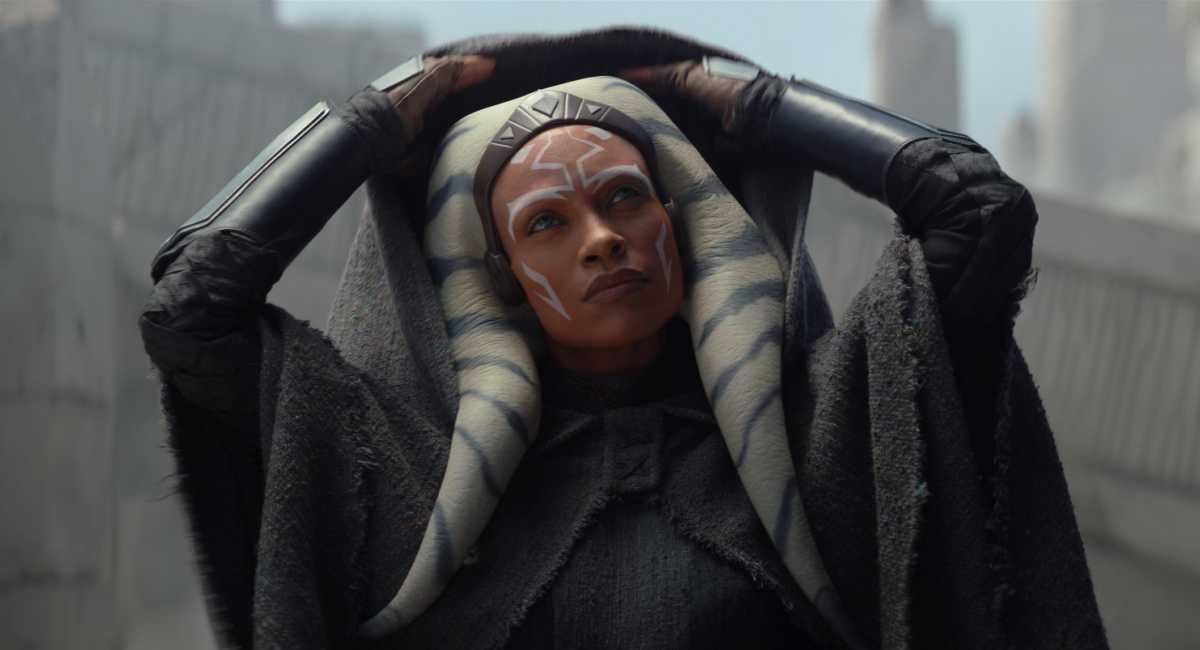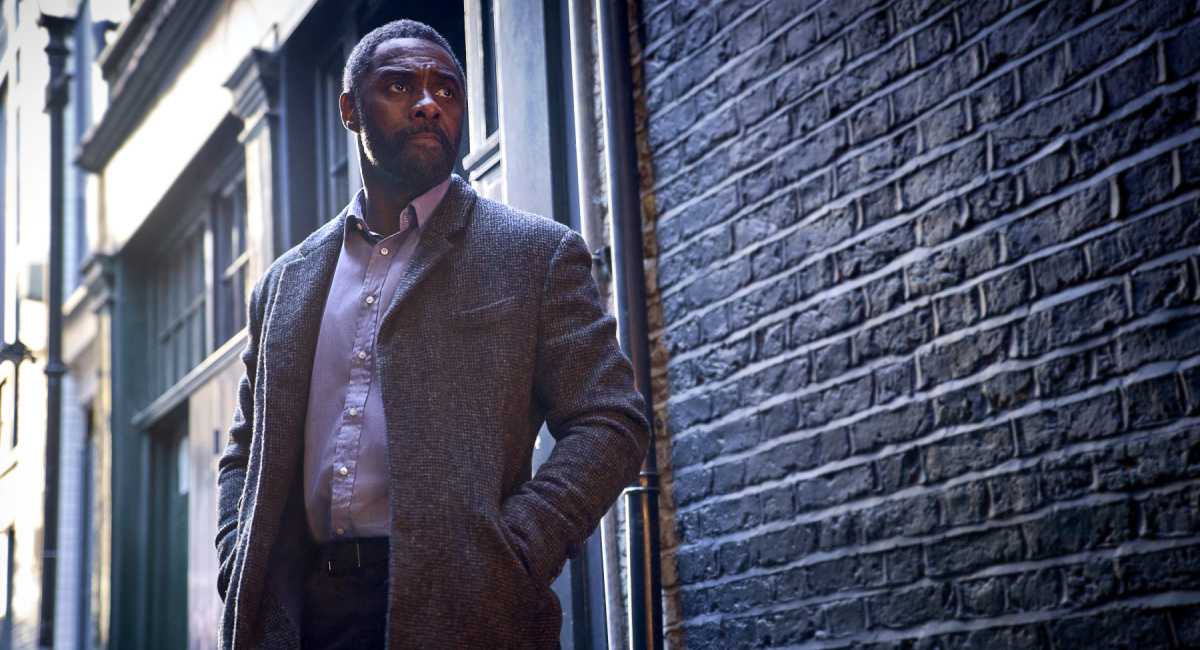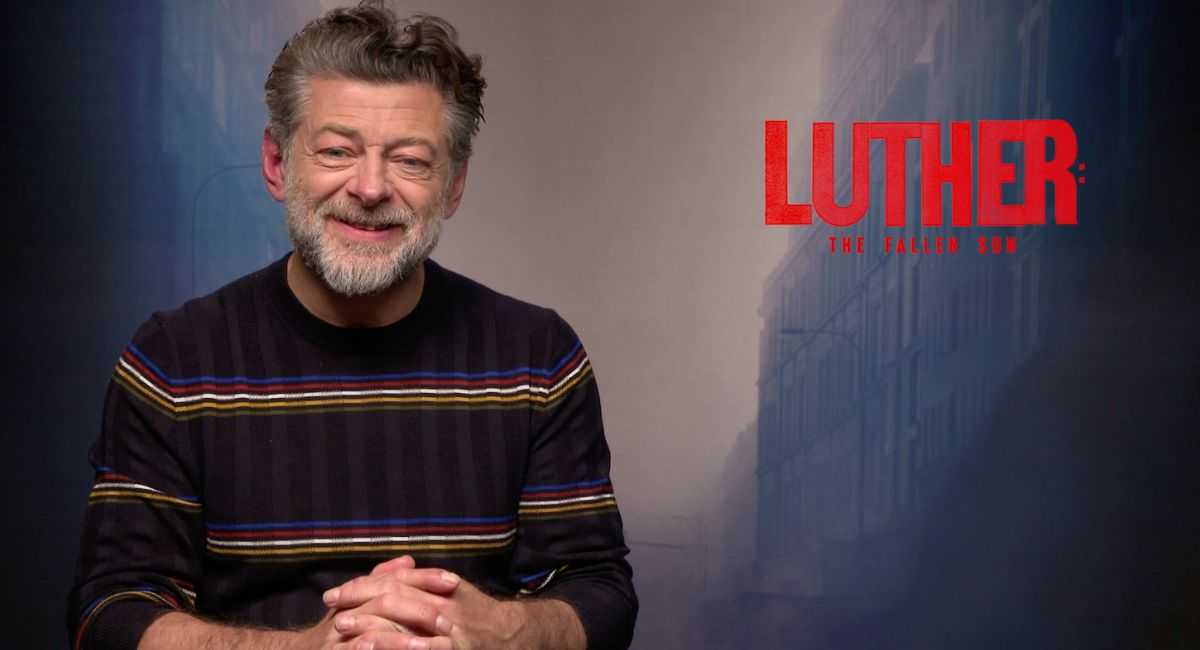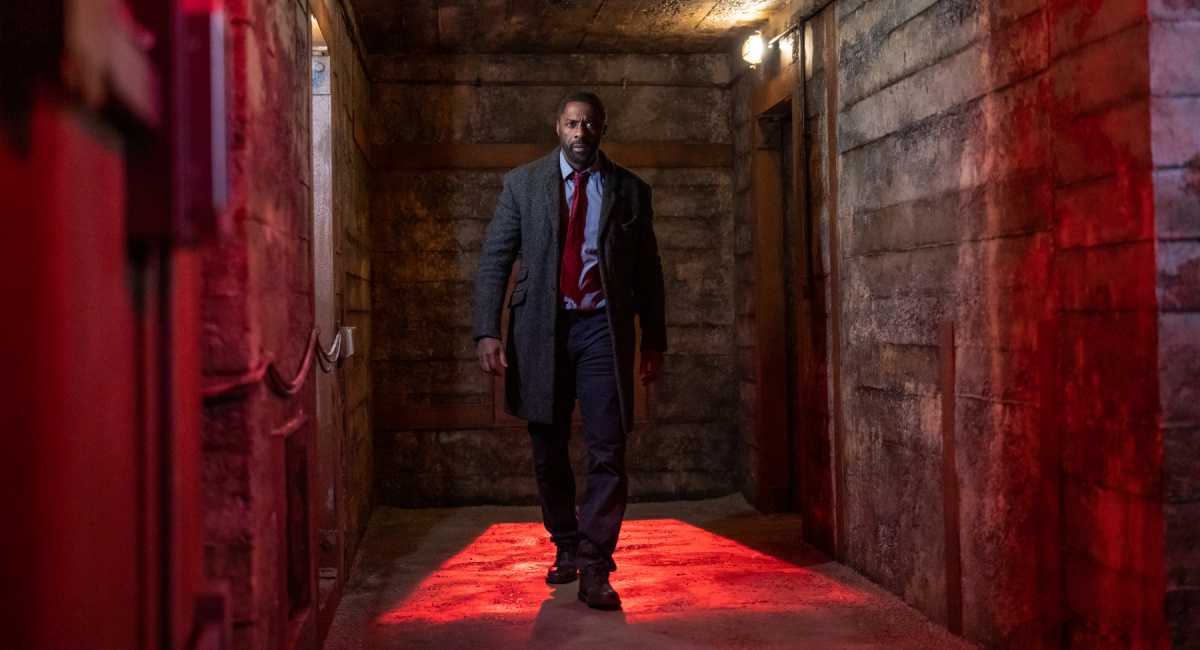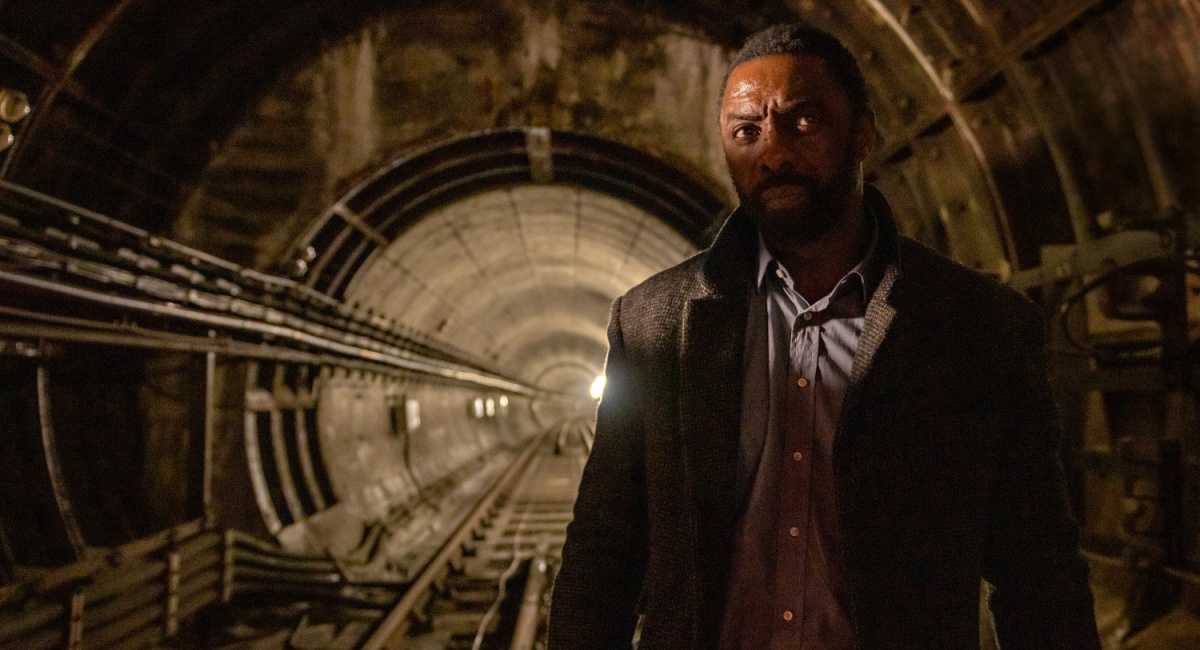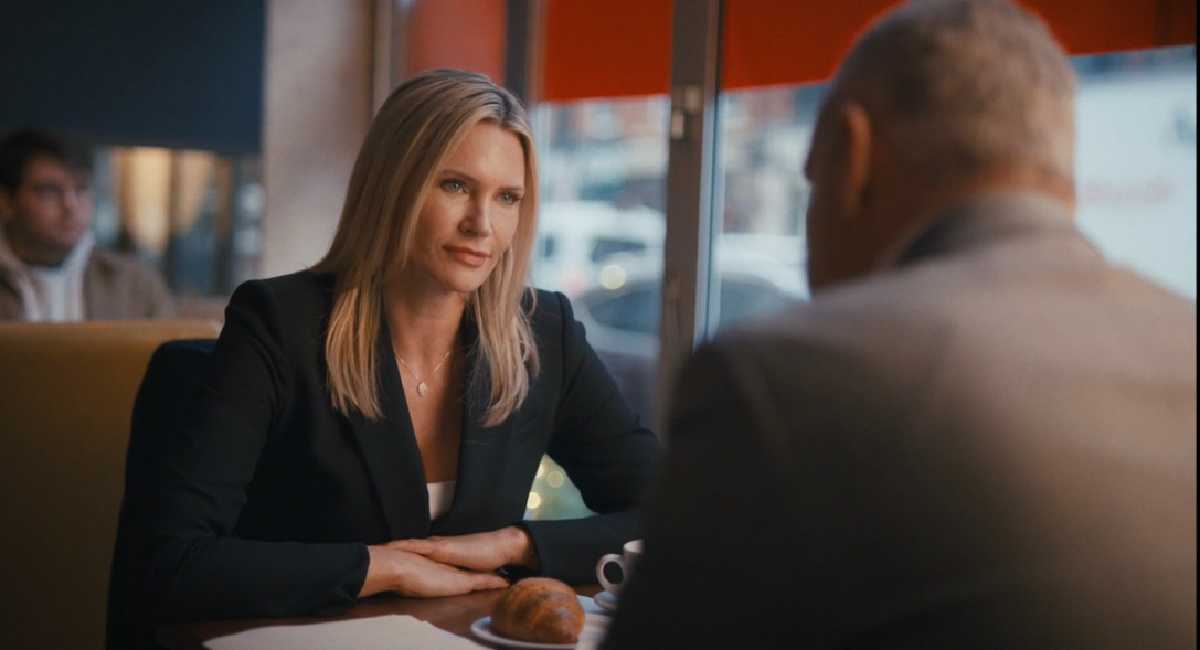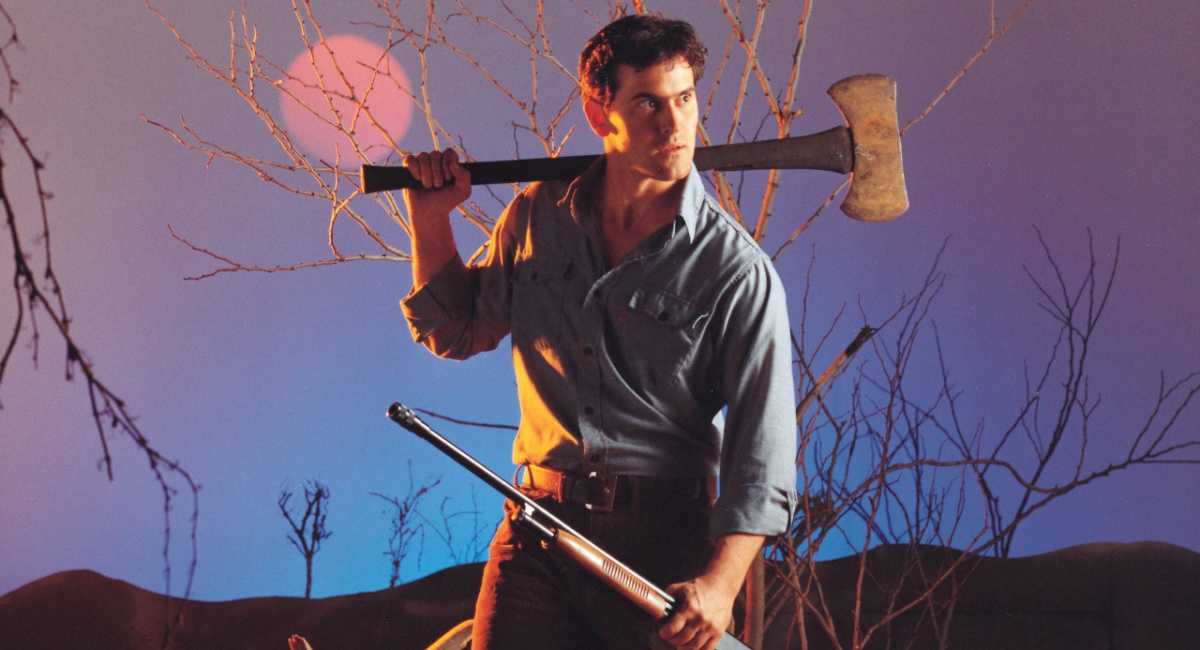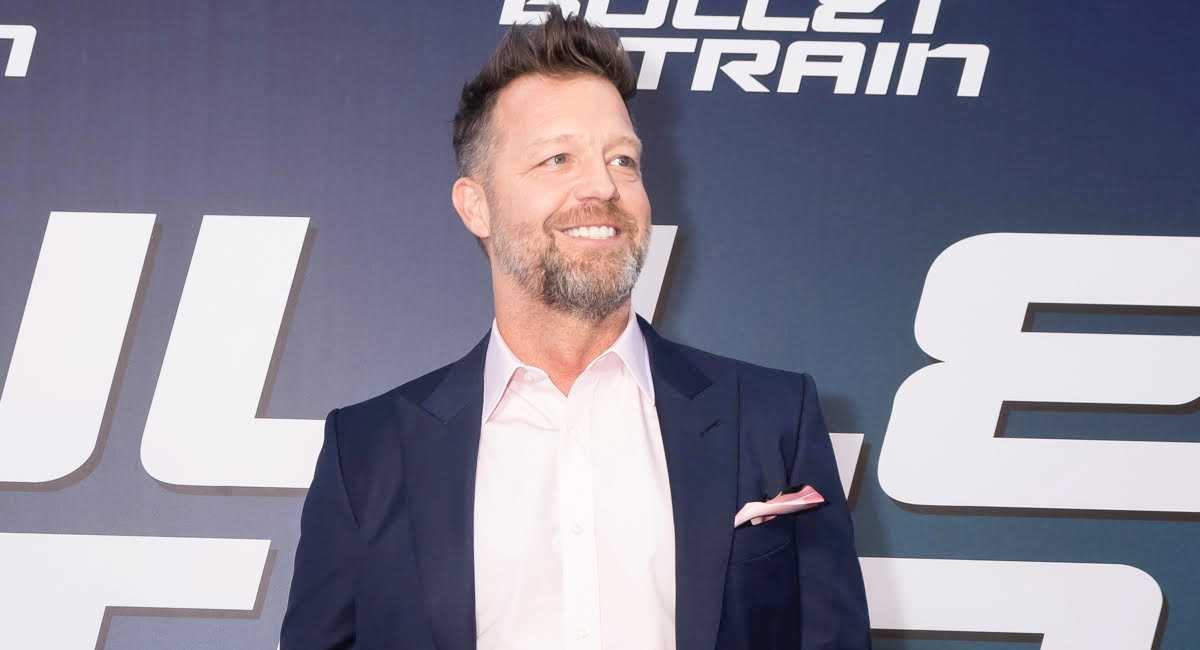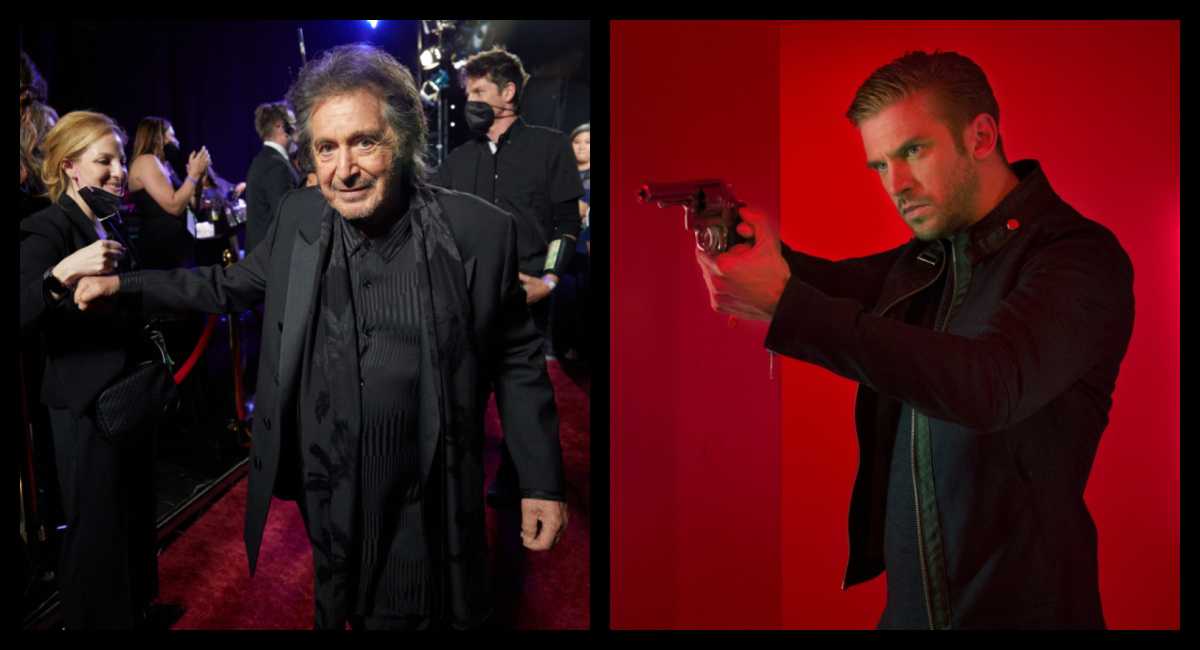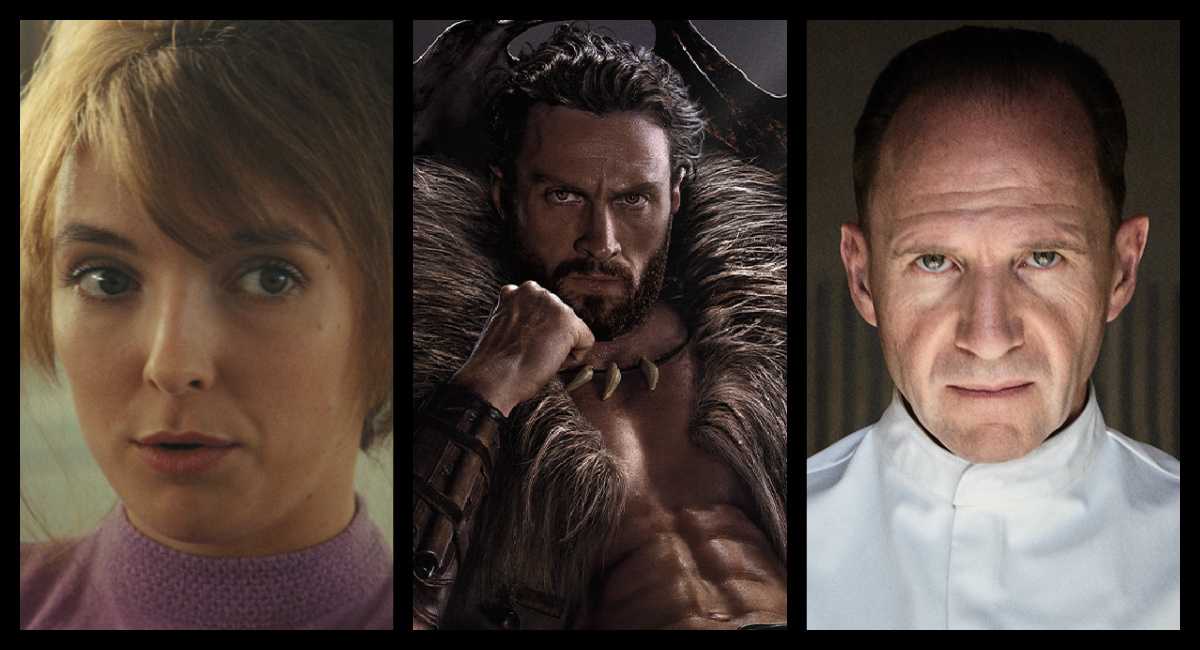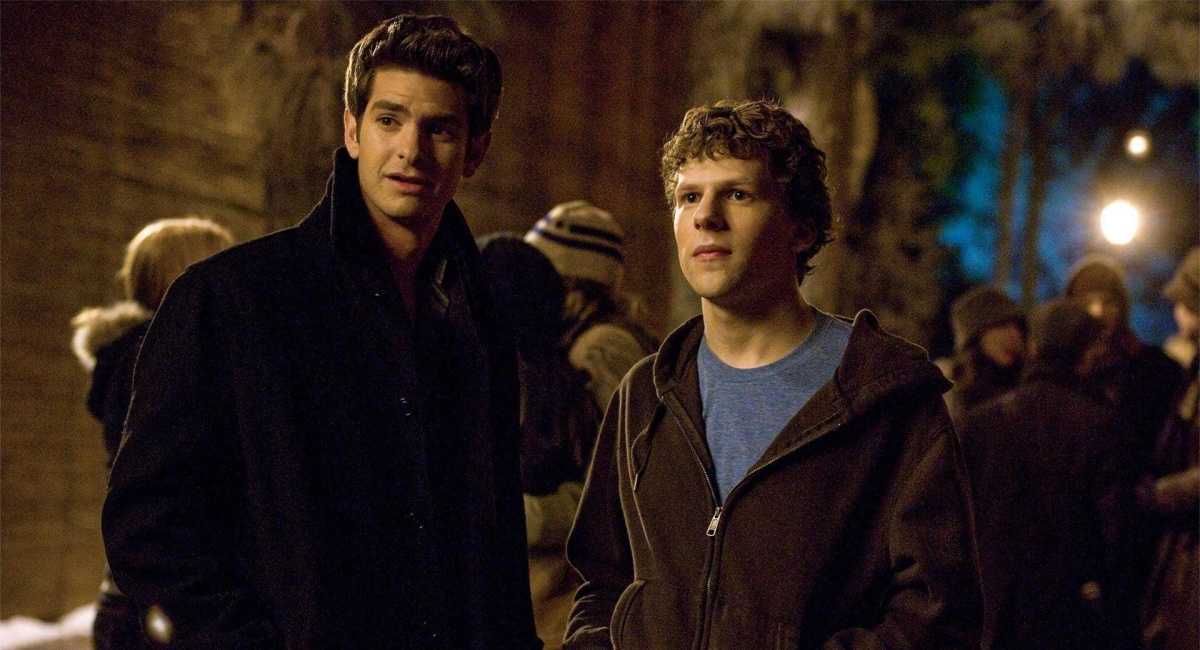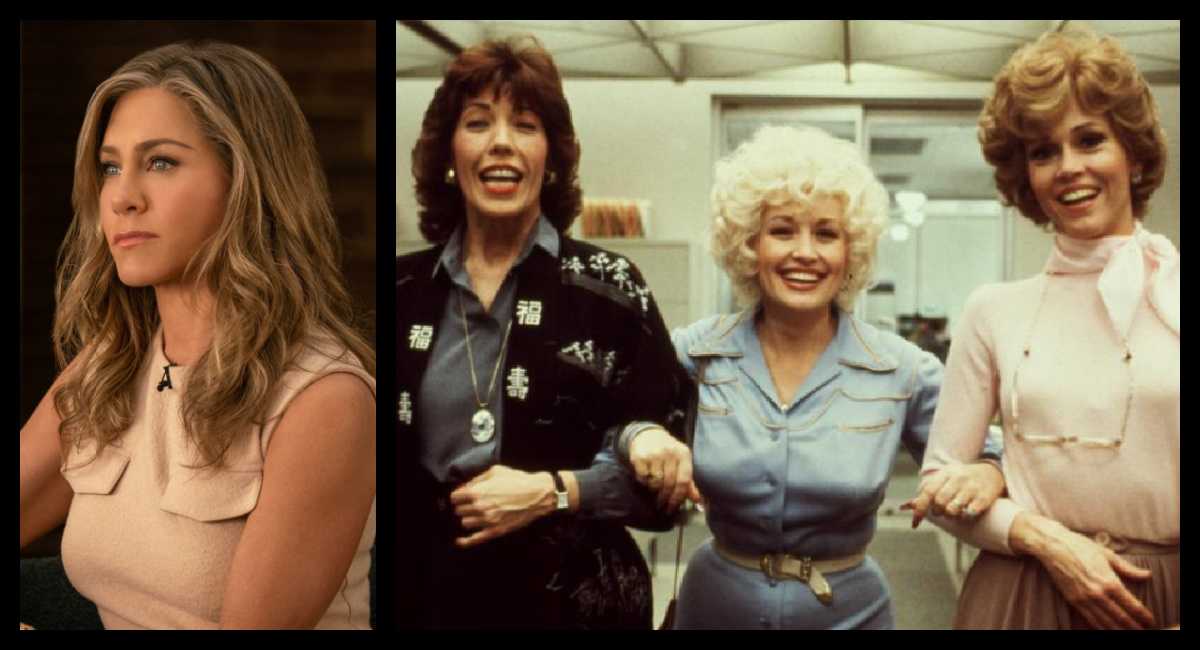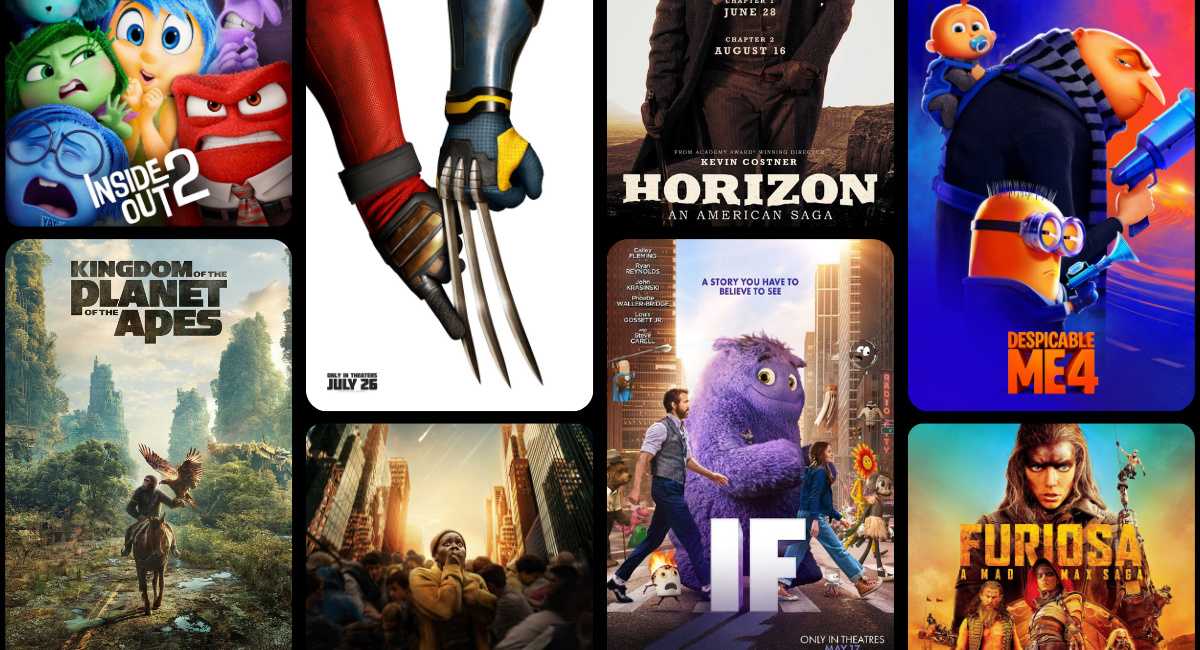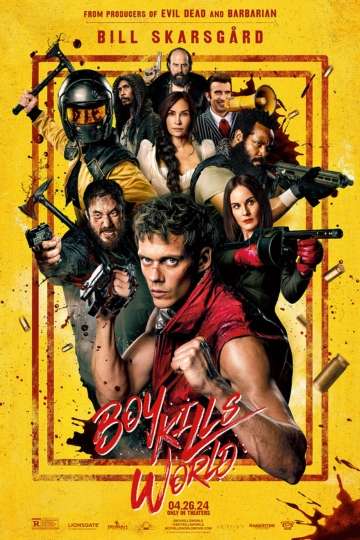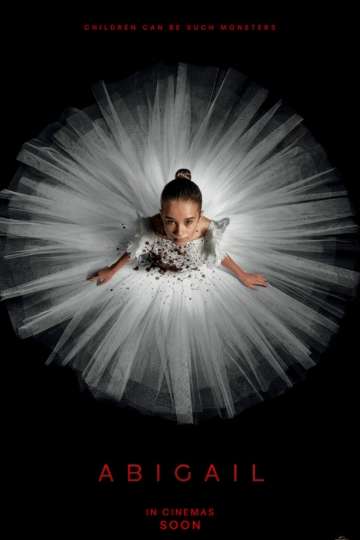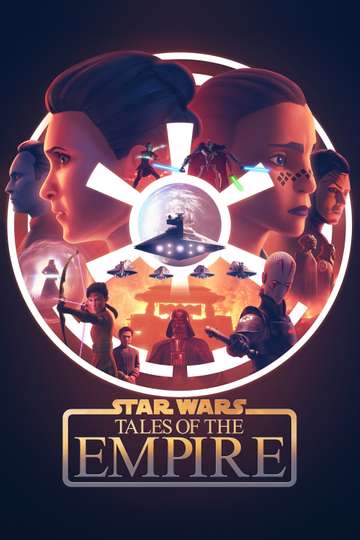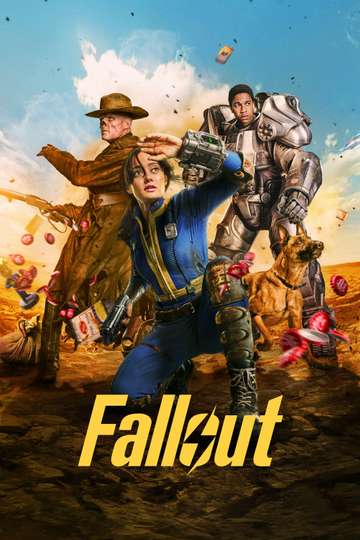Every 'Planet of the Apes' Movie, Ranked!
From 'Battle for the Planet of the Apes' to 'War for the Planet of the Apes,' Moviefone ranks every 'Planet of the Apes' movie made so far.
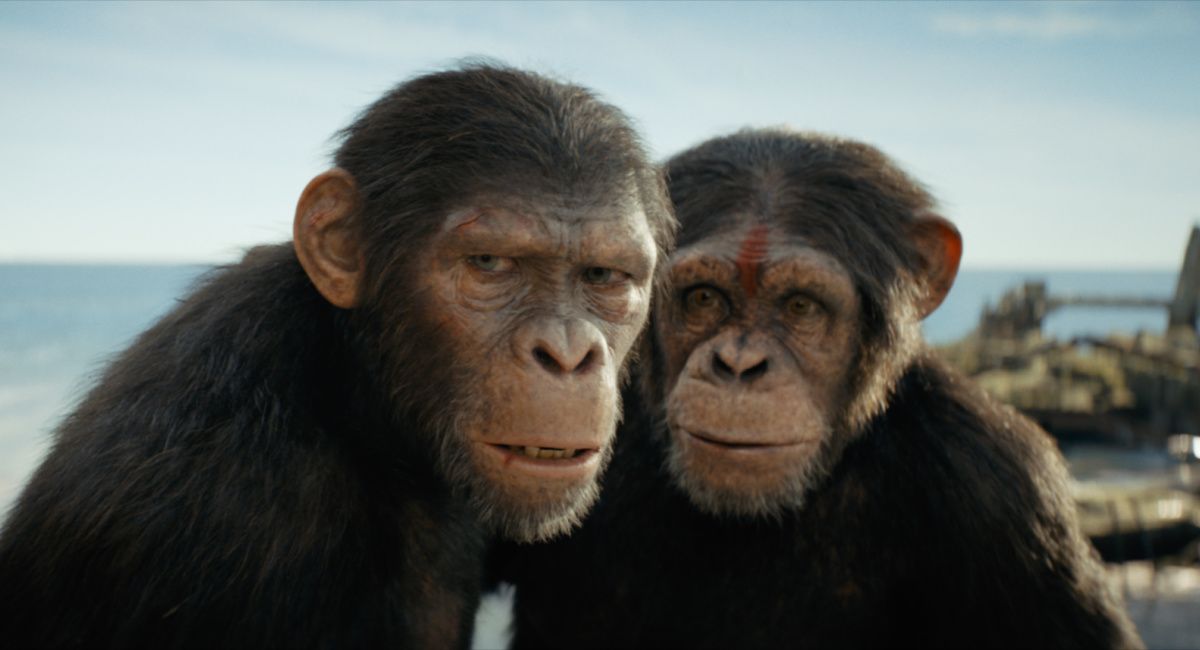
(L to R) Noa (played by Owen Teague) and Dar (played by Sara Wiseman) in 20th Century Studios' 'Kingdom of the Planet of the Apes.' Photo courtesy of 20th Century Studios. © 2024 20th Century Studios. All Rights Reserved.
'Planet of the Apes' is the franchise that just won't quit.
It began nearly 60 years ago and has spawned four sequels, inspired two television series (one live action, the other an animated show) and was the basis for a remake and several beloved prequels.
The latest installment of the prequel series, 'Kingdom of the Planet of the Apes,' opens in theaters on May 10th.
In honor of the new film, Moviefone is counting down every 'Planet of the Apes' movie ever made, including the latest.
Let's begin!
10. 'Planet of the Apes' (2001)
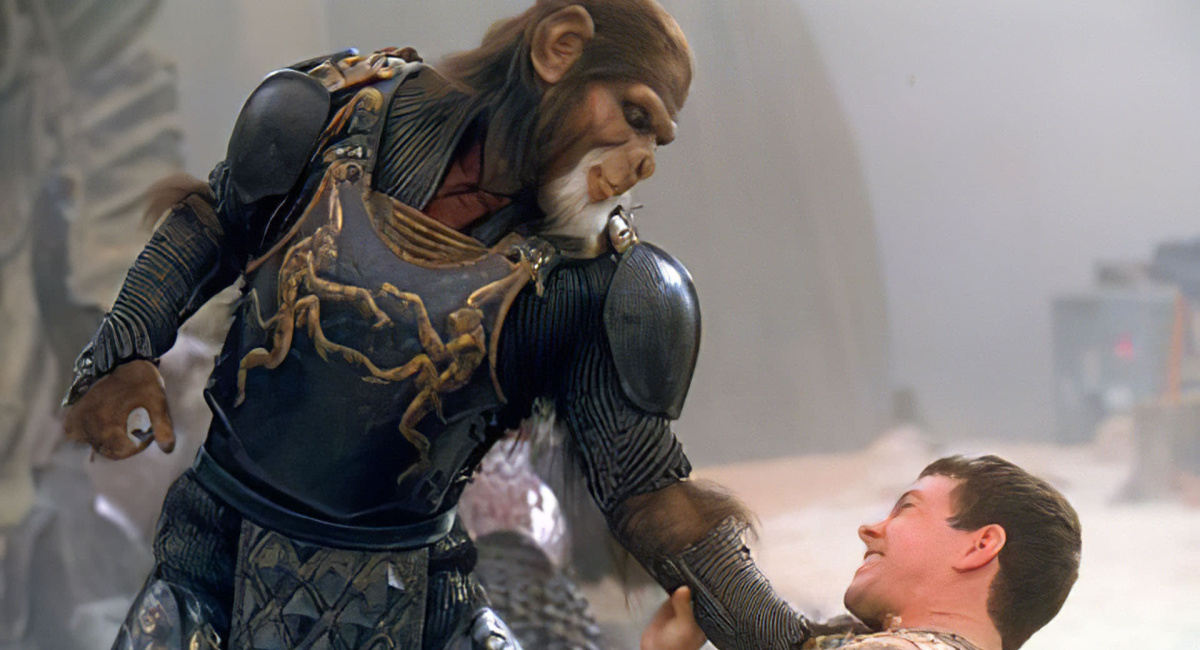
(L to R) Tim Roth and Mark Wahlberg in 2001's 'Planet of the Apes.' Photo: 20th Century Fox.
After a spectacular crash-landing on an uncharted planet, brash astronaut Leo Davidson (Mark Wahlberg) finds himself trapped in a savage world where talking apes dominate the human race. Desperate to find a way home, Leo must evade the invincible gorilla army led by Ruthless General Thade (Tim Roth).
Planet of the Apes
9. 'Beneath the Planet of the Apes' (1970)
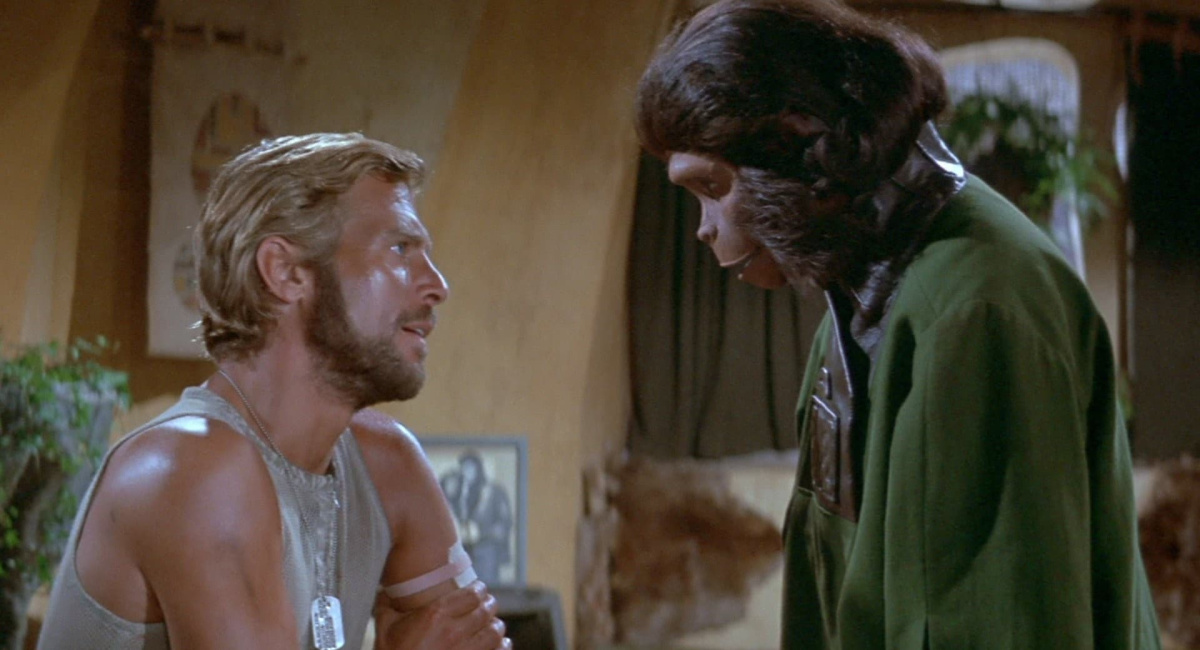
(L to R) James Franciscus and Kim Hunter in 1970's 'Beneath the Planet of the Apes.' Photo: 20th Century Fox.
The sole survivor of an interplanetary rescue mission discovers a planet ruled by apes, and an underground city run by telepathic humans.
Beneath the Planet of the Apes
8. 'Battle for the Planet of the Apes' (1973)
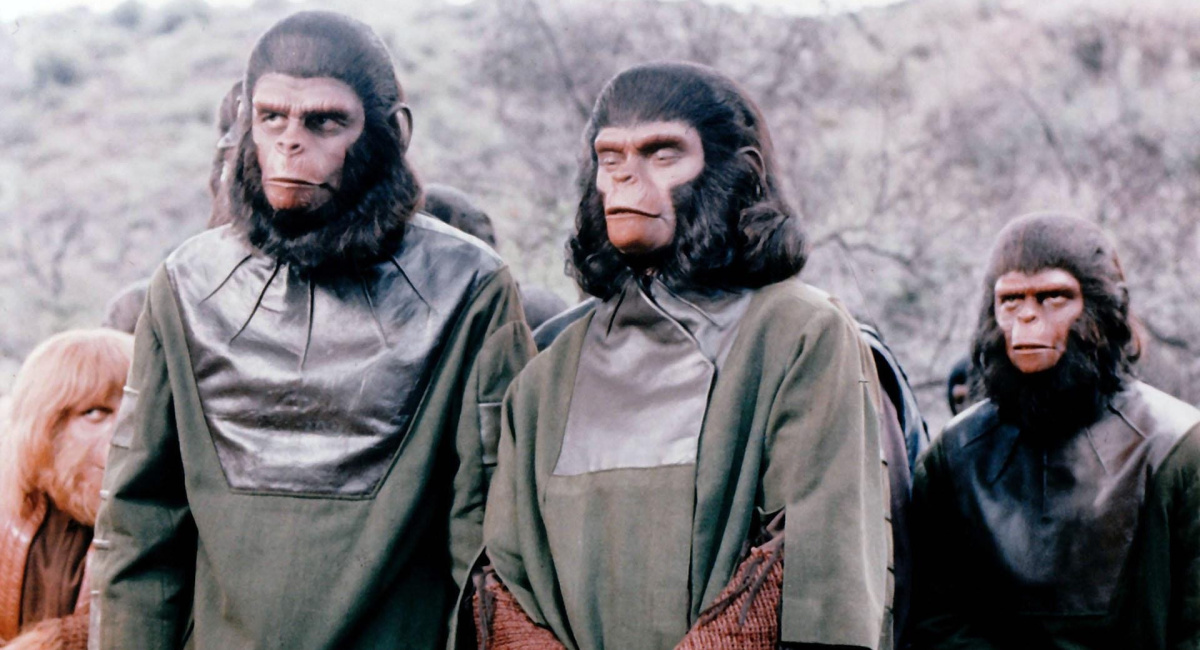
1973's 'Battle for the Planet of the Apes.' Photo: 20th Century Fox.
After the collapse of human civilization, a community of intelligent apes led by Caesar (Roddy McDowall) lives in harmony with a group of humans. Gorilla General Aldo (Claude Akins) tries to cause an ape civil war and a community of human mutants who live beneath a destroyed city try to conquer those whom they perceive as enemies. All leading to the finale.
Battle for the Planet of the Apes
7. 'Rise of the Planet of the Apes' (2011)
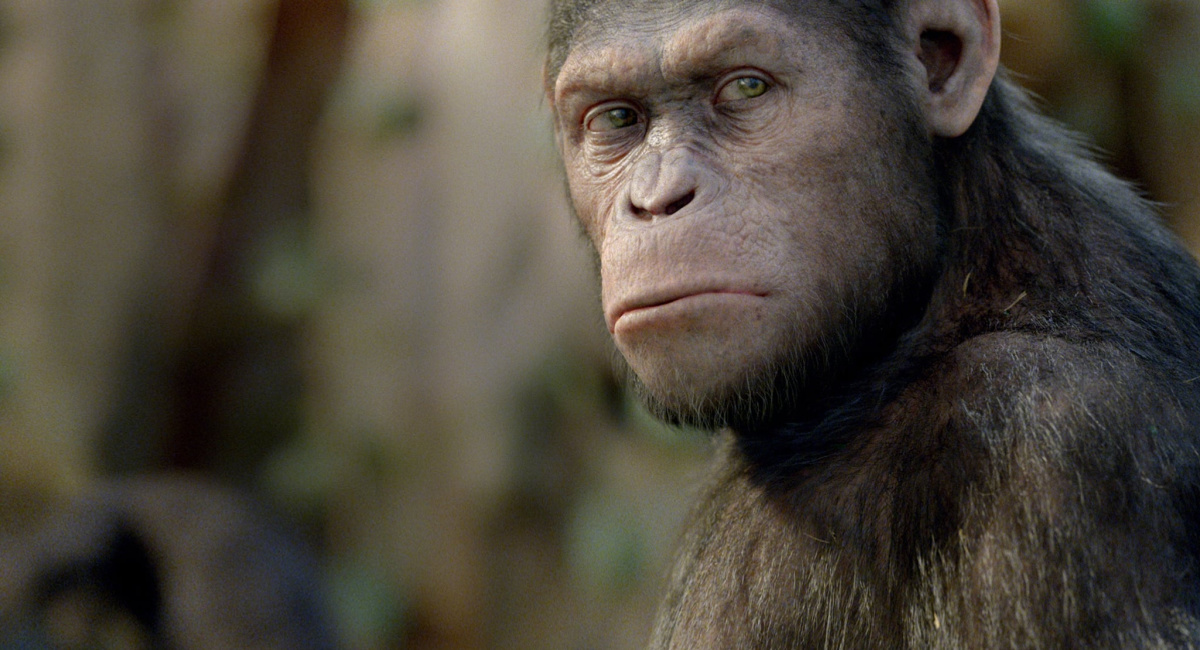
Andy Serkis as Caesar in 'Rise of the Planet of the Apes.' Photo: 20th Century Fox.
A highly intelligent chimpanzee named Caeser (Andy Serkis) has been living a peaceful suburban life ever since he was born. But when he gets taken to a cruel primate facility, Caeser decides to revolt against those who have harmed him.
6. 'Dawn of the Planet of the Apes' (2014)
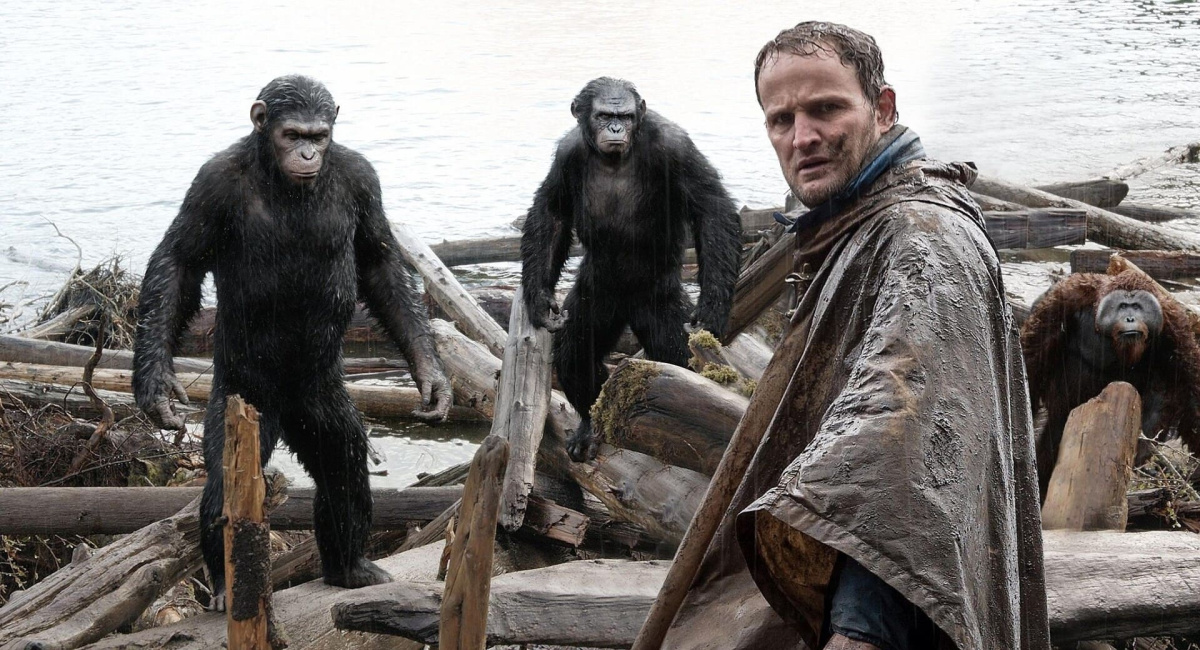
(Right) Jason Clarke in 'Dawn of the Planet of the Apes.' Photo: 20th Century Fox.
A group of scientists in San Francisco struggle to stay alive in the aftermath of a plague that is wiping out humanity, while Caesar (Andy Serkis) tries to maintain dominance over his community of intelligent apes.
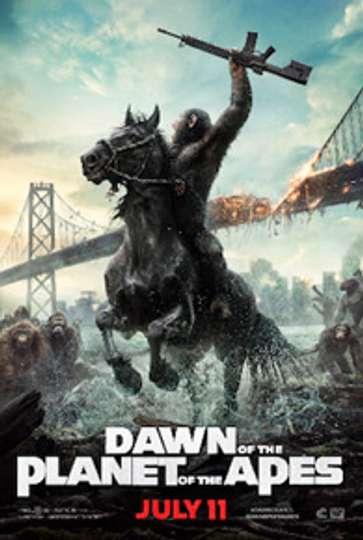
5. 'Conquest of the Planet of the Apes' (1972)
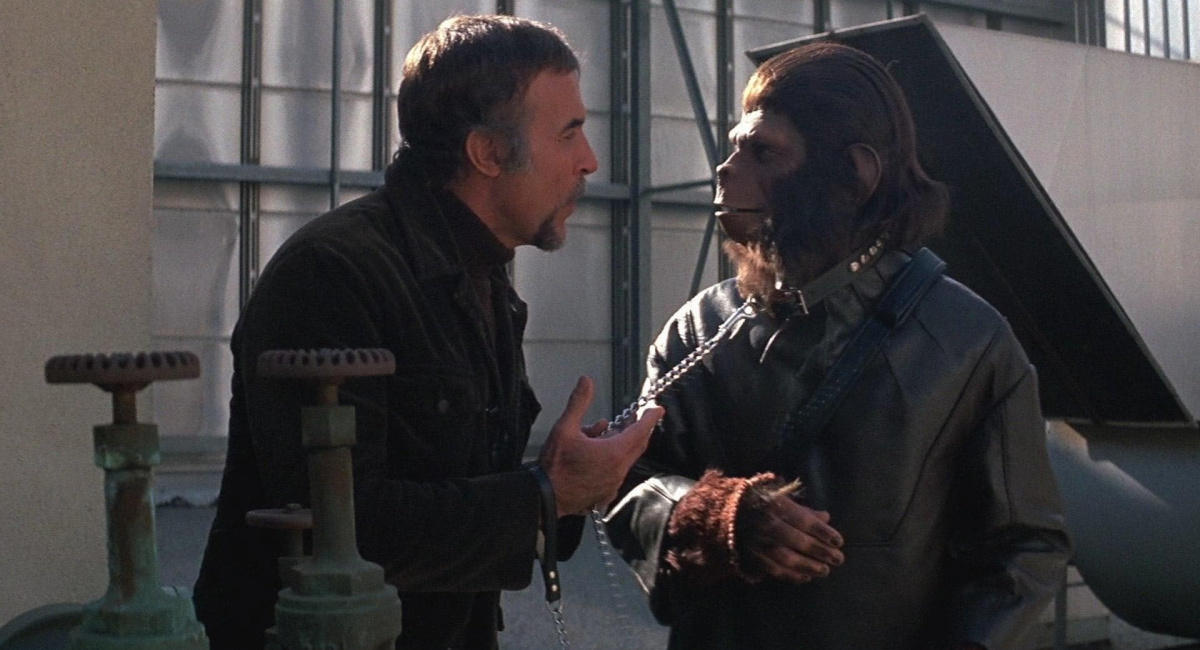
(Left) Ricardo Montalbán in 1972's 'Conquest of the Planet of the Apes.' Photo: 20th Century Fox.
In a futuristic world that has embraced ape slavery, a chimpanzee named Caesar (Roddy McDowall) resurfaces after almost twenty years of hiding from the authorities, and prepares for a revolt against humanity.
Conquest of the Planet of the Apes
4. 'Escape from the Planet of the Apes' (1971)
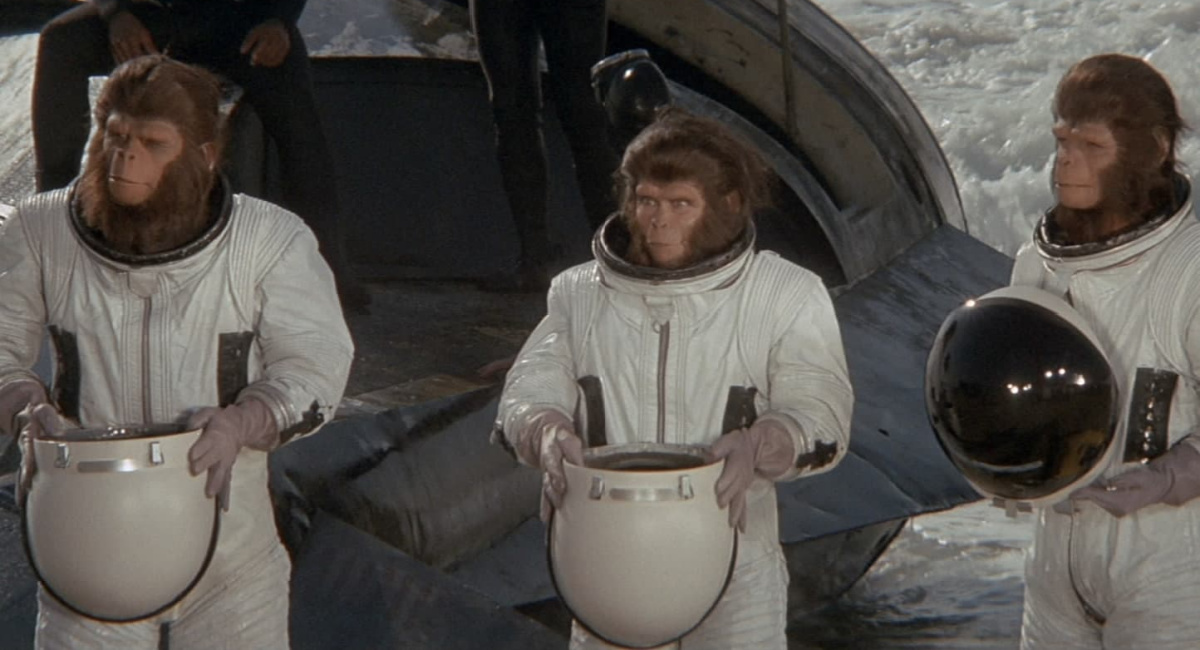
1971's 'Escape from the Planet of the Apes.' Photo: 20th Century Fox.
The world is shocked by the appearance of three talking chimpanzees, who arrived mysteriously in a spacecraft. Intrigued by their intelligence, humans use them for research - until the apes attempt to escape.
Escape from the Planet of the Apes
3. 'Kingdom of the Planet of the Apes' (2024)
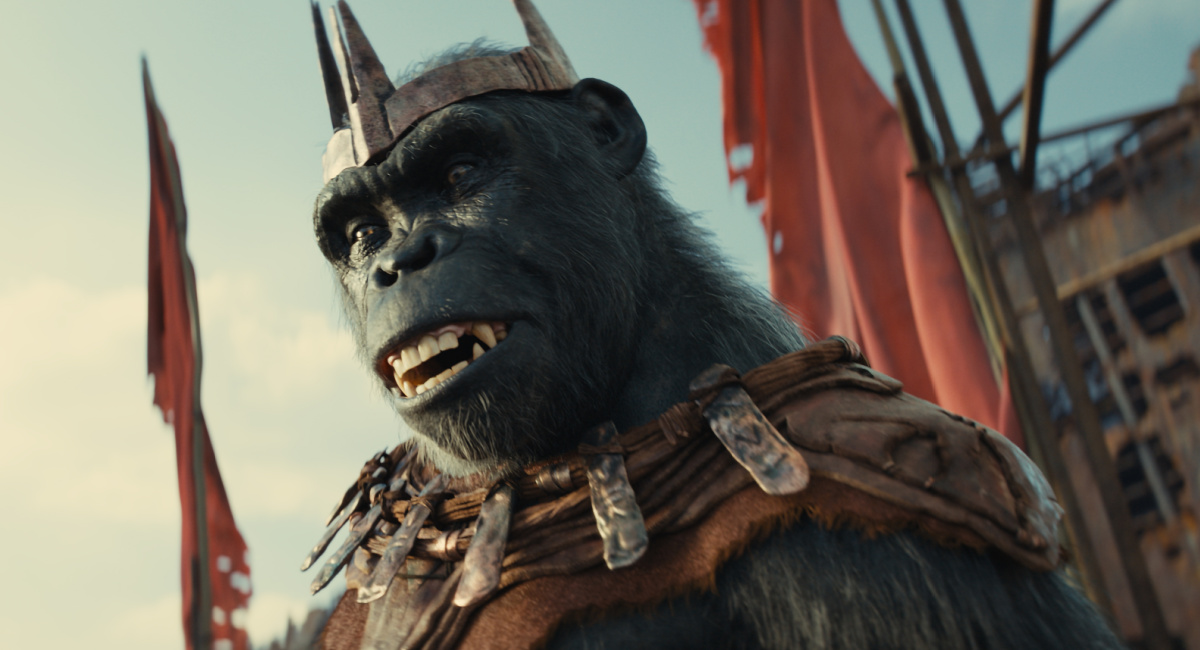
Proximus Caesar (voiced by Kevin Durand) in 20th Century Studios' 'Kingdom Of The Planet Of The Apes.' Photo courtesy of 20th Century Studios. © 2023 20th Century Studios. All Rights Reserved.
Director Wes Ball breathes new life into the global, epic franchise set several generations in the future following Caesar’s reign, in which apes are the dominant species living harmoniously and humans have been reduced to living in the shadows. As a new tyrannical ape leader builds his empire, one young ape undertakes a harrowing journey that will cause him to question all that he has known about the past and to make choices that will define a future for apes and humans alike.
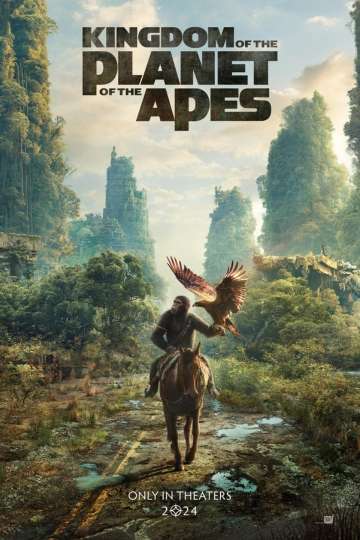
Kingdom of the Planet of the Apes
Director Wes Ball breathes new life into the global, epic franchise set several generations in the future following Caesar’s reign, in which apes are the dominant... Read the Plot
2. 'War for the Planet of the Apes' (2017)
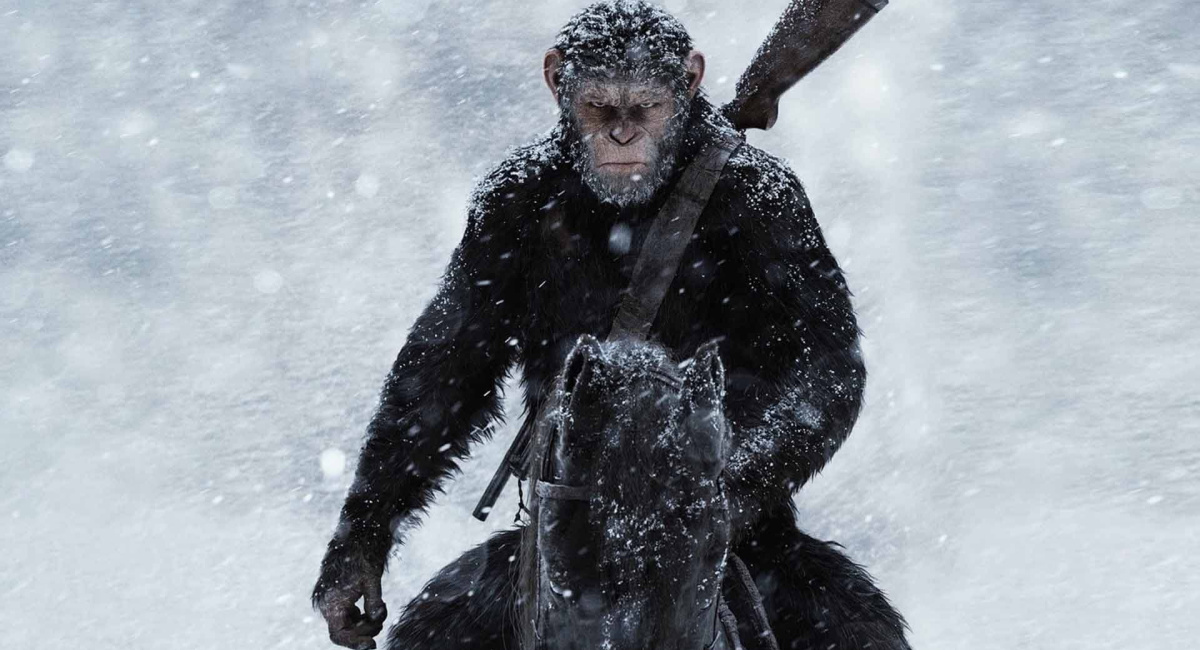
Andy Serkis as Caesar in 'War for the Planet of the Apes.' Photo: 20th Century Fox.
Caesar (Andy Serkis) and his apes are forced into a deadly conflict with an army of humans led by a ruthless Colonel (Woody Harrelson). After the apes suffer unimaginable losses, Caesar wrestles with his darker instincts and begins his own mythic quest to avenge his kind. As the journey finally brings them face to face, Caesar and the Colonel are pitted against each other in an epic battle that will determine the fate of both their species and the future of the planet.
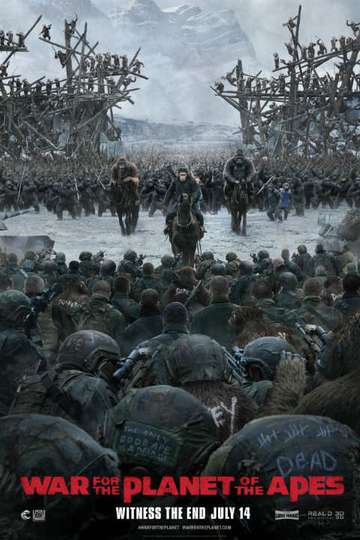
1. 'Planet of the Apes' (1968)
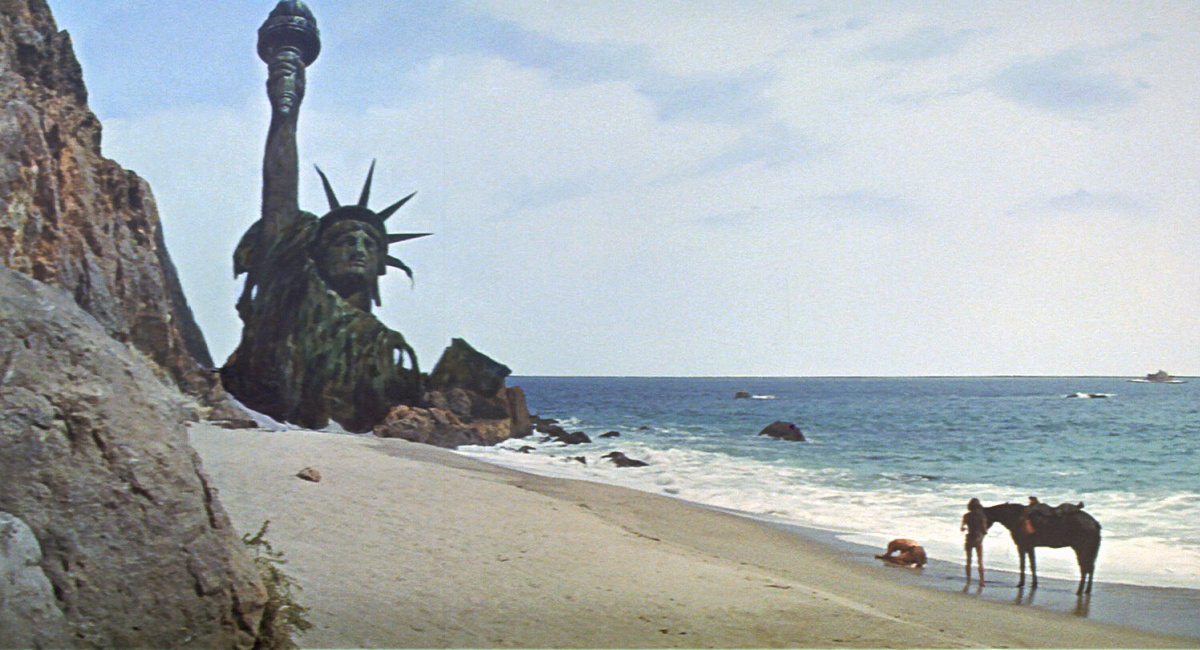
1968's 'Planet of the Apes.'
Astronaut Taylor (Charlton Heston) crash lands on a distant planet ruled by apes who use a primitive race of humans for experimentation and sport. Soon Taylor finds himself among the hunted, his life in the hands of a benevolent chimpanzee scientist.
Planet of the Apes

